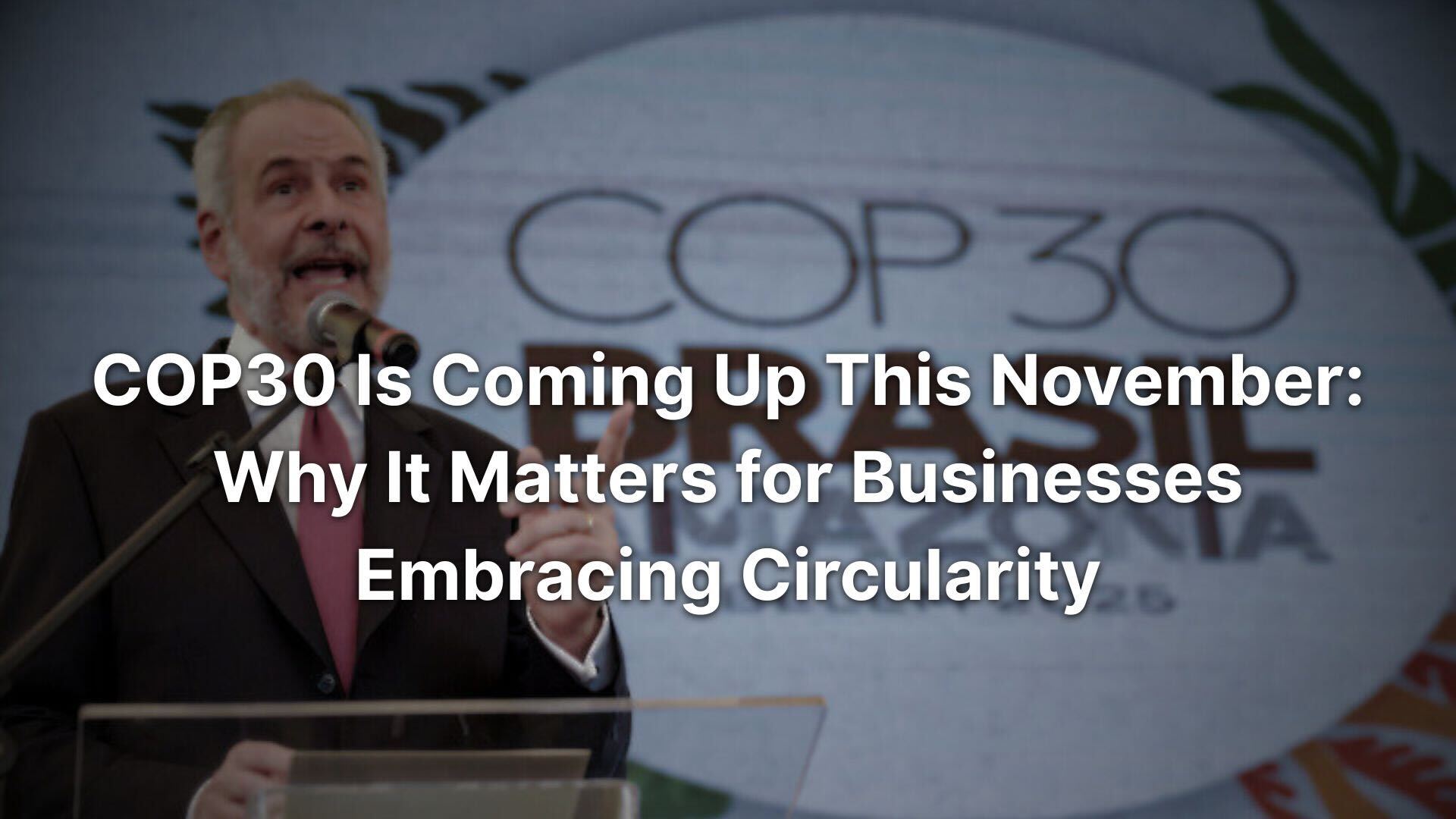In the fast-paced world of fashion, ultra-fast fashion has emerged as a troubling trend—clothing designed to be cheap, disposable, and rapidly replaced. This model has contributed to alarming environmental impacts, including excessive waste, increased carbon emissions, and poor labor practices. Now, France is taking decisive action to combat this issue by proposing legislation that targets ultra-fast fashion brands with environmental surcharges and bans on advertising their lowest-cost garments.
Why This Matters for the Fashion Industry and Circular Economy
The rise of ultra-cheap clothing not only harms the environment but also undermines the shift toward sustainable and circular business models. By penalizing these harmful practices, France is setting a global precedent for responsible regulation that prioritizes:
- Circularity: Encouraging brands to design products that last longer, can be repaired, and ultimately re-enter the supply chain through resale or recycling.
- Transparency: Demanding accountability from fashion companies on the environmental and social impacts of their products.
- Quality Over Quantity: Shifting consumer and brand focus away from mass production of low-cost items to more sustainable, high-quality offerings.
What This Could Mean Globally
France’s proposed legislation could be a turning point in how the fashion industry approaches sustainability. Other countries may soon follow, ushering in a new era where regulation drives the circular economy, making sustainable business practices not just a choice but a requirement.
At Circular Innovations, we see this as an important step toward a more resilient, profitable, and environmentally responsible fashion sector.
Is Regulation the Missing Piece?
We’d love to hear your thoughts. Do you believe that stricter regulations like France’s are necessary to accelerate the shift toward circular business models? Or should innovation and consumer demand lead the way?
Explore Circular Alternatives Today
If your brand is ready to align with this emerging regulatory landscape and embrace circularity, our data-driven Circularity Platform can help you model, test, and implement circular solutions that boost profitability while reducing environmental impact.
👉 Start exploring here: https://www.circularinnovations.io/
.png)


.png)
